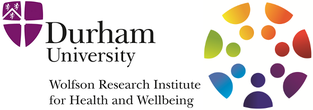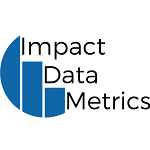University reaches out to help businesses improve efficacy rates
 Is your company wondering if the product you have in mind is fit for purpose? Are you wondering who your target market is? Are you wondering why you can’t get a better efficacy rate? Wonder no more.
Is your company wondering if the product you have in mind is fit for purpose? Are you wondering who your target market is? Are you wondering why you can’t get a better efficacy rate? Wonder no more.Durham University is offering an innovative approach to working with business to solve these problems. We will look at your issues in a holistic way; what the product is designed to do, the problems the people it is aimed at are experiencing, the barriers and facilitators to its uptake.
As necessary we will look at biological factors (heart rate, blood pressure, height, weight and more) together with social factors (work, diet, education, familial background, social status, exercise, hobbies and more) and human factors (belief, engagement with the arts, pet ownership and more).
An example of this holisitc practice in action is when Durham University led a CHC (Connected Health Cities) Accident/Emergency (A&E) Care-Pathway-Project (2016-17) and analysed extensive local A&E data using Bayesian methods to model expected daily workload, taking account of factors such as weekends, seasons etc. This tool is now used by three NENC Trusts to produce workload forecasts for short term and future operational support.
This is an holisitic approach to gathering and analysing all the data, and can improve the efficacy of your product development, and ultimately it's market potential.
At Durham, our Research Institutes foster an interdisciplinary approach to health challenges which means we can draw on expertise from across the University ensuring we are well placed to help you. Let us be your partners in your journey to make lives better and help you put the R in your R&D.
Professor Amanda Ellison: Director of the Wolfson Research Institute for Health and Wellbeing.
For an initial 1:1 meeting to explore how we might be able to help, contact:Business.Gateway@Durham.ac.uk
























